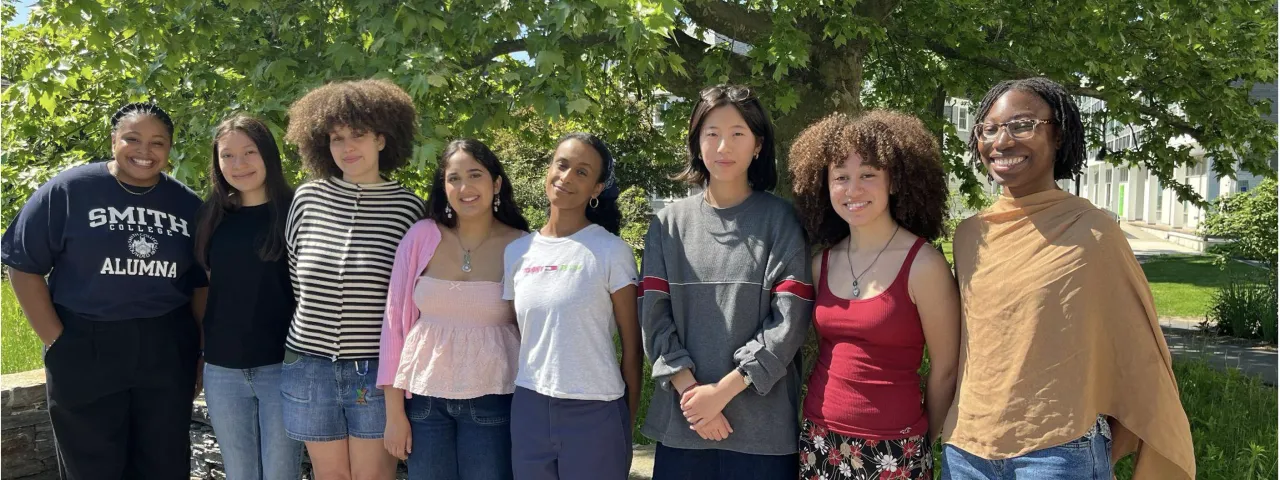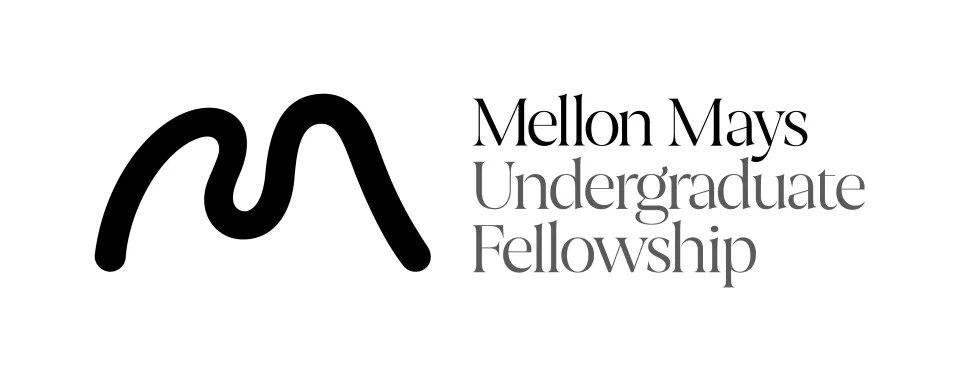What summer research opportunities are available to MMUF fellows?
The MMUF program includes two summers of dedicated research and writing opportunities.
Summer 1: In the summer after sophomore year, the new MMUF cohort of rising juniors participates in a 4-week, on-site summer research program (June), during which they will research, draft, and finalize a project prospectus and preliminary bibliography.
Summer 2: In the summer after the junior year, rising senior MMUF fellows have various options for engaging in project-related research. Some examples of summer research work: participating in Summer Writing and Research Training Programs (UCLA, University of Chicago, University of New Mexico), the Institute for Recruitment of Teachers (IRT) in New York and Massachusetts, and/or independent research with faculty-scholars working in your area of research.
What is the time commitment to MMUF?
The time commitment varies as your research projects progress. Typically, MMUF fellows should anticipate dedicating 8–10 hours/week to MMUF in the following ways: attending the IDP 192 or 193 Seminar (fall semester), participating in scheduled weekly workshops, and working on their independent projects. All MMUF fellows are expected to have regular mentoring meetings with their MMUF faculty mentor. It is expected that fellows make progress on their research between these scheduled meetings. Fellows present their research twice in the fall semester: at Smith and the MMUF Northeast Regional Conference (NERC) (previous locations: Yale University, Williams College, Brown University). In the spring, fellows typically share research at the annual Celebrating Collaborations event at Smith, and senior fellows present their projects at a final MMUF panel at Smith. Summer months are dedicated to research or other professional development (attending conferences, workshops, etc.) related to each fellow’s academic goals.
Does the MMUF require that I complete an independent project in addition to my honors thesis?
Not necessarily. We recognize that each MMUF fellow at Smith will be pursuing independent work through their honors thesis or other advanced independent work. We expect that the fellowship will allow you to dedicate even more of your time and energy to developing these projects so that they can best reflect your scholarly goals. However, some MMUF fellows choose to pursue a separate independent project that allows them to work outside their chosen thesis topic or discipline.

